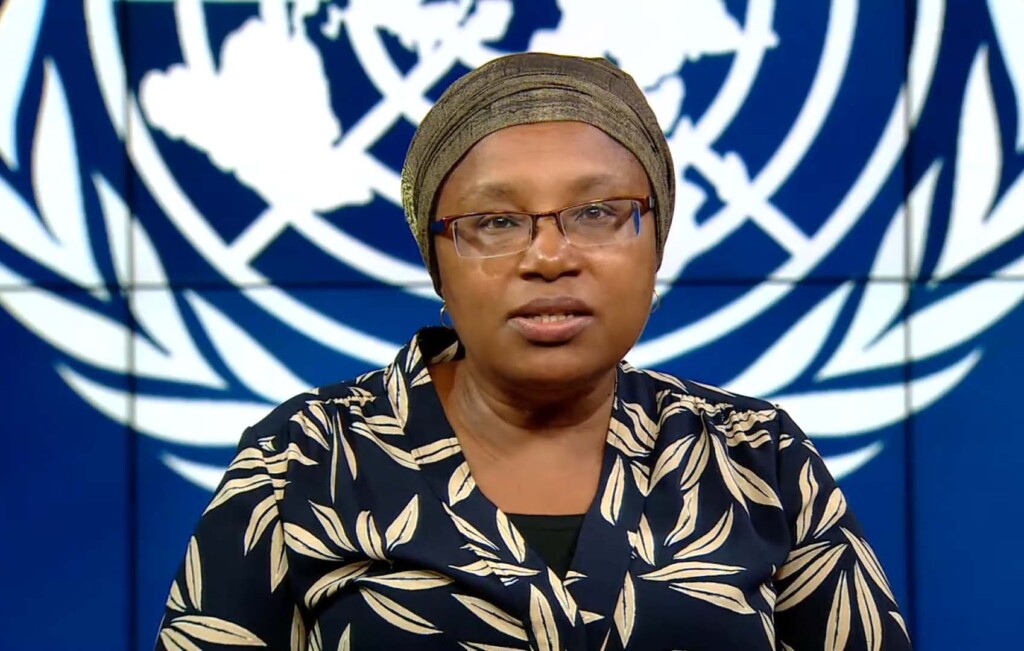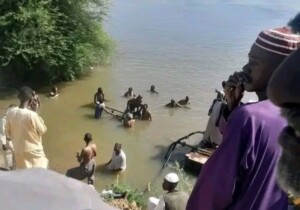UN advisor on genocide: ‘Sudan conflict has strong identity-based components’

United Nations Special Advisor on the Prevention of Genocide Alice Wairimu Nderitu (File photo: UN)
The United Nations Special Advisor on the Prevention of Genocide, Alice Wairimu Nderitu, has expressed her concern at “the persistent and ongoing levels of identity-based violence in a number of states and regions in Sudan,” calling for “urgent action to halt the increasing risk of the spectre of genocide and related atrocity crimes”.
Alluding to the widespread violence in the capital Khartoum, Darfur (specifically Nyala, El Fasher, Kreinik and El Geneina), Kordofan, and Blue Nile states, Wairimu Nderitu says in a statement from New York yesterday: “After four months of continued fighting, with widespread human rights violations and abuses, this has led to an unacceptable level of deaths, injuries, and displacements of thousands in a conflict with strong identity-based components.”
‘Inter-communal and ethnic-based violence, if not prevented or halted, could escalate, and engulf the entire Sudan in a civil war’
She reiterates her earlier concerns, expressed in previous statements, that inter-communal and ethnic-based violence, if not prevented or halted, could escalate, and engulf the entire Sudan in a civil war, with high risks of genocide and related atrocity crimes being committed.
In Wairimu Nderitu’s view, the conflict in Sudan, with a dire humanitarian situation and a concerning security vacuum and protection gap, has the capacity to trigger violence in the entire region, including along ethnic lines, which would constitute an aggravated risk of such crimes – a risk heightened by ongoing proliferation of illegal small arms and light weapons.
‘In Darfur, innocent civilians are being targeted on the basis of race’
The special advisor is “particularly alarmed that disputes between the ethnic communities, rooted in long standing grievances over land ownership and ethnic representation, are being exploited by armed groups, including the Janjaweed and other rebel armed groups, which have allegedly been retaliating against ethnic communities based on their ties to the main parties to the conflict… In Darfur, innocent civilians are being targeted on the basis of race,” she affirms.
“These attacks, if confirmed, could amount to war crimes and crimes against humanity,” Wairimu Nderitu says.
Of great concern, too, are further reports outlining international human rights abuses and international humanitarian law committed by the RSF and the SAF, including attacks against churches and clergy men, targeting of the Masalit men and older boys, and sexual violence, the statement laments.
The UN Office of the High Commissioner for Human Rights (OHCHR) has documented testimonies of unlawful killing, arbitrary detention and enforced disappearance, among other violations, in a report on 15 August.











 and then
and then